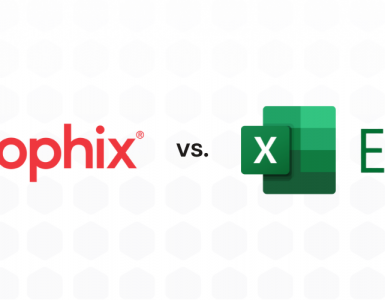 Most people associate the software business with always promoting the latest gizmos and doodads. For those who insist on being on the bleeding edge of technology, that can be important. On the other hand, my experience is that when it comes to business applications people often stick with a proven and reliable solution. There are still lots of COBOL applications around, for instance, and COBOL programmers can name their own price.
Most people associate the software business with always promoting the latest gizmos and doodads. For those who insist on being on the bleeding edge of technology, that can be important. On the other hand, my experience is that when it comes to business applications people often stick with a proven and reliable solution. There are still lots of COBOL applications around, for instance, and COBOL programmers can name their own price.
However, it can be sad when a venerable application is finally put out to pasture. One example of this is FRx, software used for reporting from General Ledgers and producing financial reports. FRx was originally developed in 1991 (almost a quarter century ago!) and ended up being owned by Microsoft. With the exception of Microsoft Dynamics ERPs, FRx is no longer supported, yet many companies still use it.
Most of these organizations, however, are looking around for something to replace FRx and many have moved to Prophix. Even companies that use Dynamics see the writing on the wall – there is no realistic future direction for the FRx technology.
Like FRx, Prophix’s software is used by Finance people to design and run reports, but Prophix offers a lot of desirable capabilities that vastly exceed what you can do with FRx. Capabilities such as flexible reporting, electronic distribution of reports, workflow for approval of data, and more. With Prophix you can delve beneath your General Ledger data to report on products, customers, or projects and Prophix integrates with hundreds of ERP systems, including Microsoft Dynamics.
What’s more, with Prophix you don’t just get reporting – a world class mid-market planning system is included at no extra cost. Prophix is a ‘unified’ solution so you don’t pay extra for more functionality! When you convert to Prophix for reporting you can also prepare budgets and forecasts easily and quickly.
So, if you use FRx, the good news is that life after FRx exists and moving to Prophix is easy. The world has changed – it is probably time to move on.






